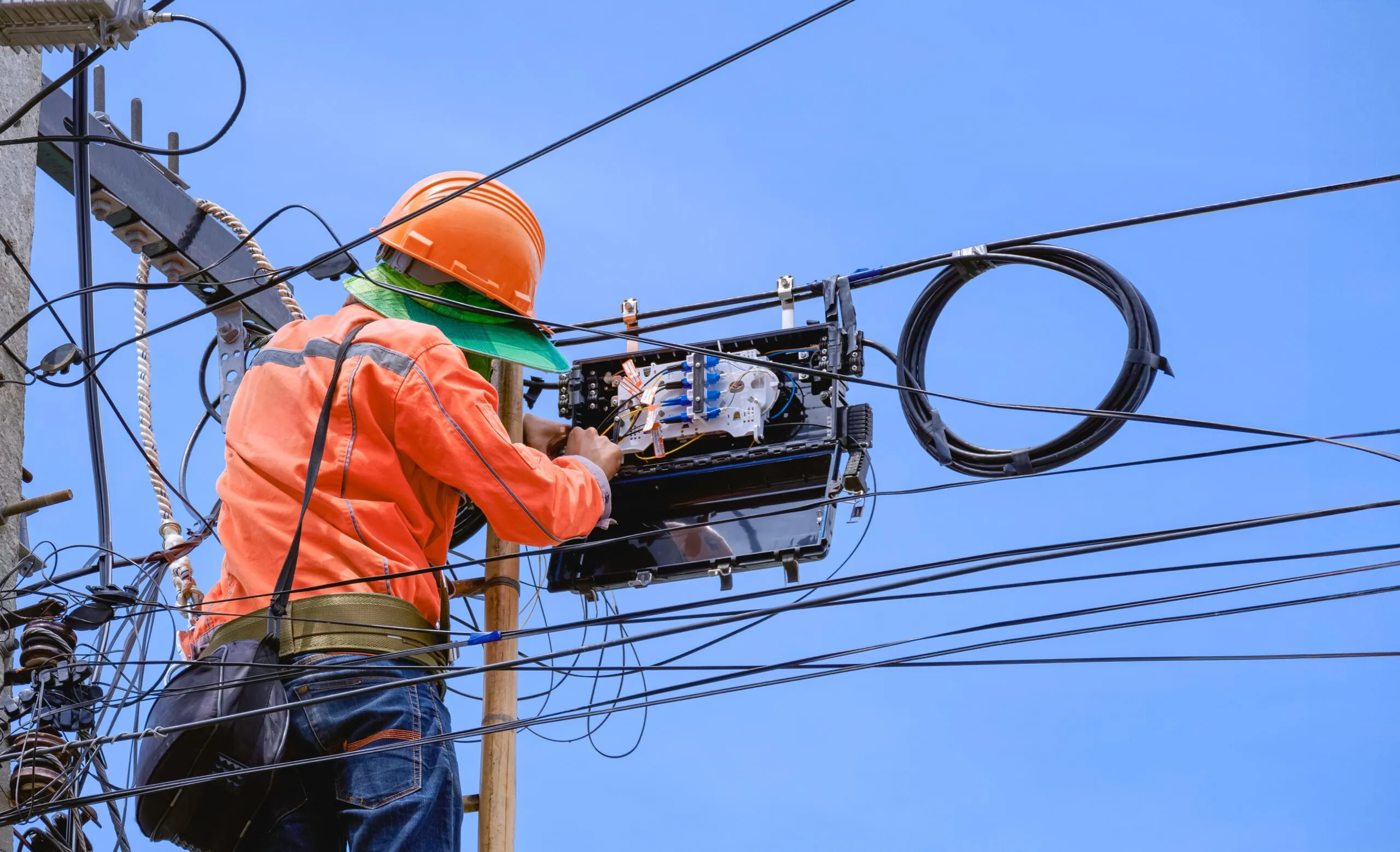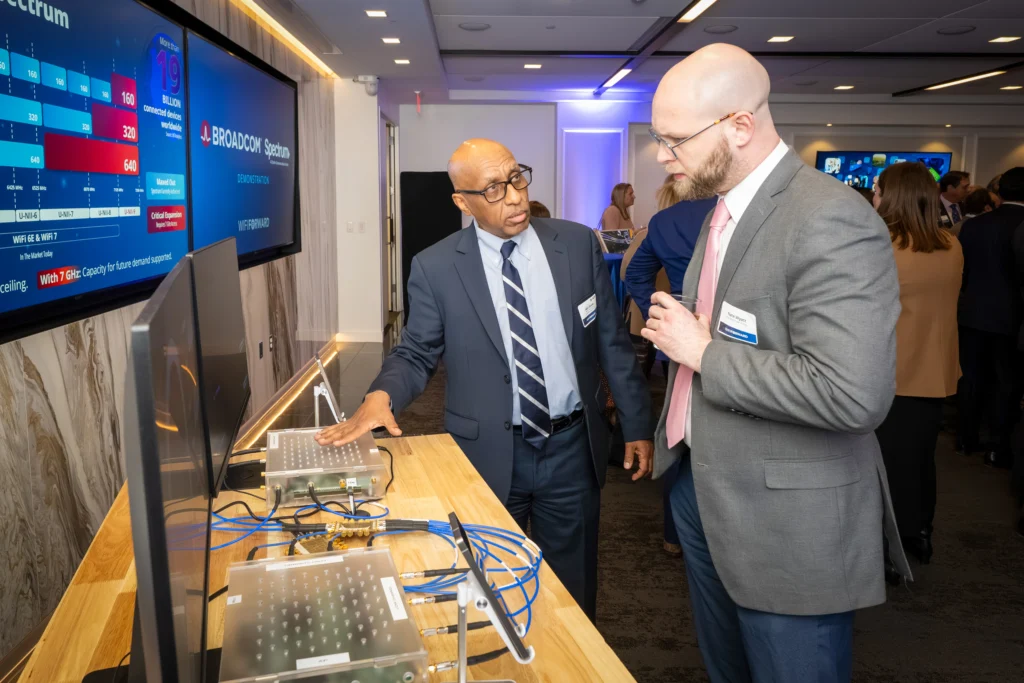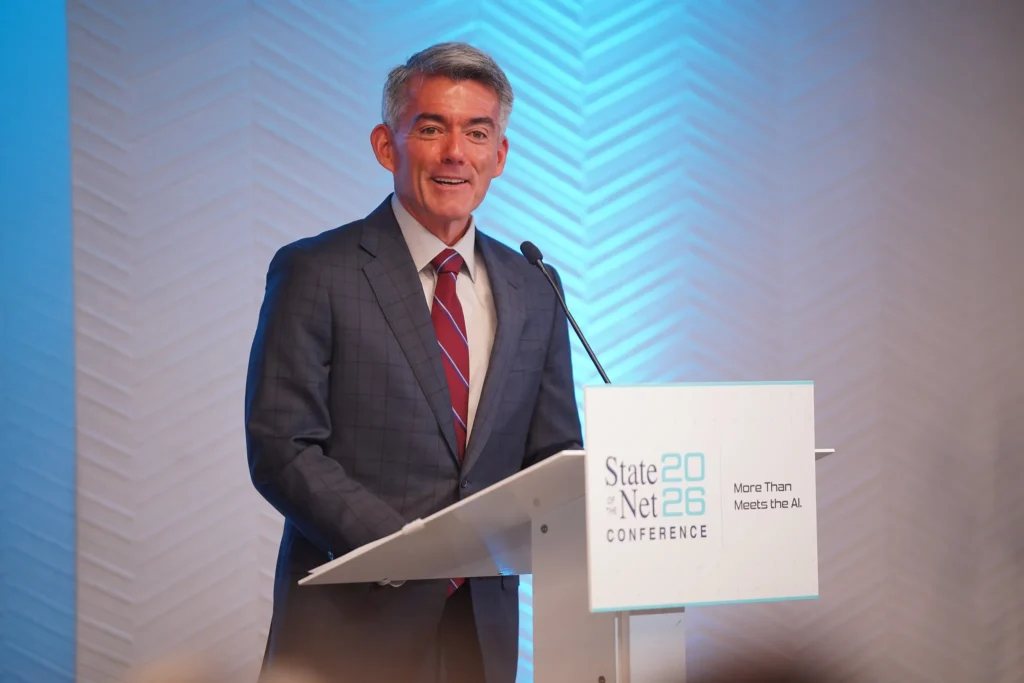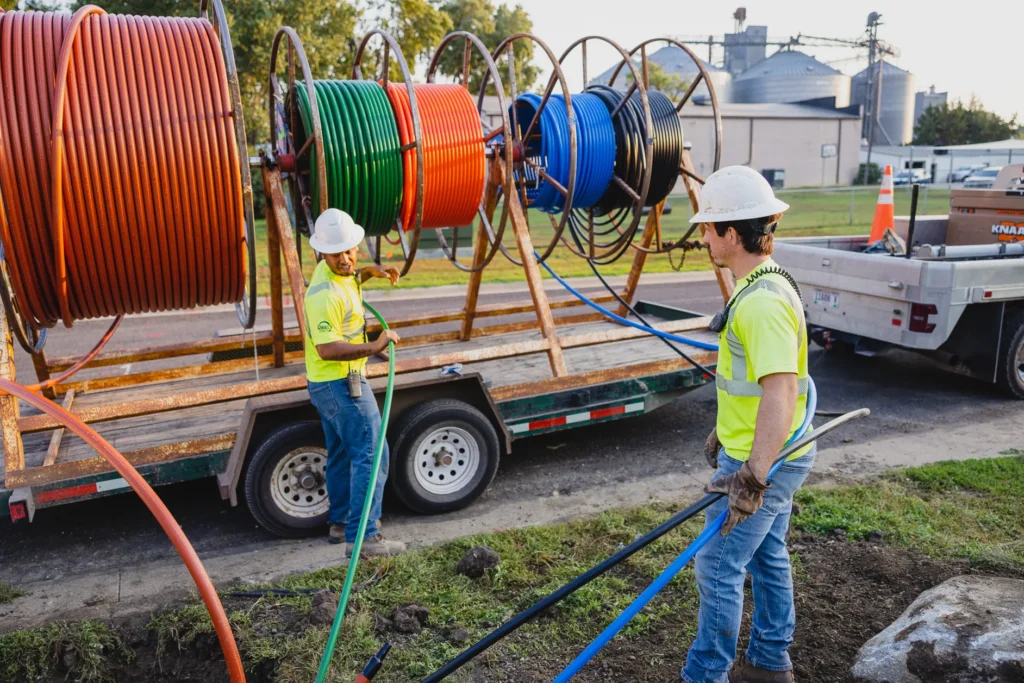A wave of attacks on America’s communications infrastructure is escalating — threatening the lifelines that keep communities connected, support public safety, and power the economy. At this week’s third Telecom Industry Summit: Protecting Critical Communications Infrastructure, new data and analysis underscored how serious and costly these incidents have become.
A growing threat
Two new reports released at the summit reveal an alarming rise in theft and vandalism against the nation’s broadband and wireless networks. Between June 2024 and June 2025, there were 15,540 incidents, disrupting service for more than 9.5 million customers nationwide.
The pace is accelerating. In the first half of 2025 alone, 9,770 incidents were reported — nearly double the number from the previous six months. These aren’t isolated cases. They’ve affected federal buildings, military bases, hospitals, schools, 911 dispatch centers, and other critical facilities, exposing vulnerabilities across every level of society.
Economic fallout hits consumers hardest
Alongside the updated “Protecting the Nation’s Critical Communications Infrastructure from Theft & Vandalism” report, a new study by economist Edward Lopez, Ph.D., “The Real Costs of Communications Outages Due to Infrastructure Theft or Vandalism” highlights the growing economic toll these attacks impose:
- Between June and December 2024, outages created societal costs far beyond the value of stolen materials, totaling between $38 million and $188 million.
- California and Texas bore the largest losses — $29.3 million and $18.1 million, respectively.
- Smaller states like Kentucky faced outsized burdens, with $3.7 million in estimated costs.
- Each incident ripples outward, cutting off not just direct users but everyone who depends on communicating with them.
Industry unites for stronger protections
The summit brings together leading trade associations — CTIA, NCTA – The Internet & Television Association, USTelecom, ACA Connects, NTCA – The Rural Broadband Association, and the Wireless Infrastructure Association — alongside major providers including AT&T, Charter Communications, Comcast, and Verizon. The group reaffirmed a shared commitment to strengthen defenses, coordinate with law enforcement, and advocate for stronger policy measures.
The reports call for a united national strategy, including:
- Stronger state and local laws and enforcement,
- Increased prosecution of theft and vandalism,
- Stricter scrap metal regulations, and
- Enhanced security measures to deter repeat offenders.
Building on this collaboration, the industry’s STRIKE (Strategic Threat Response & Infrastructure Knowledge Exchange) initiative — co-led by SCTE, a subsidiary of CableLabs, and NCTA — continues to unite providers and policymakers to treat these attacks as a national security priority. STRIKE helps align advocacy, intelligence sharing, and operational strategies into a coordinated defense effort.
Progress underway
Efforts are advancing nationwide. In 2025, 23 states considered new protections for communications infrastructure, and 13 enacted laws — including Kentucky, Texas, and Minnesota, which strengthened felony penalties for theft and vandalism. Today, 28 states classify such crimes as felonies.
Local partnerships are also making progress. Cities like Los Angeles and Louisville have launched targeted enforcement efforts leading to arrests and recovery of stolen materials.
At the federal level, H.R. 2784, the Stopping the Theft and Destruction of Broadband Act of 2025, would close a key legal gap by criminalizing attacks on privately owned networks and extending the same federal protections that apply to government systems.
A national call to action
With attacks on the rise and consumer costs mounting, stronger coordination between industry, policymakers, and law enforcement is critical. The telecom industry has stepped up to identify the threat, share intelligence, and invest in solutions. Now policymakers must match that commitment by enacting stronger protections and ensuring accountability.
H.R. 2784 is a targeted fix that would help law enforcement hold offenders responsible, deter future incidents, and safeguard the essential digital lifelines Americans depend on every day.









